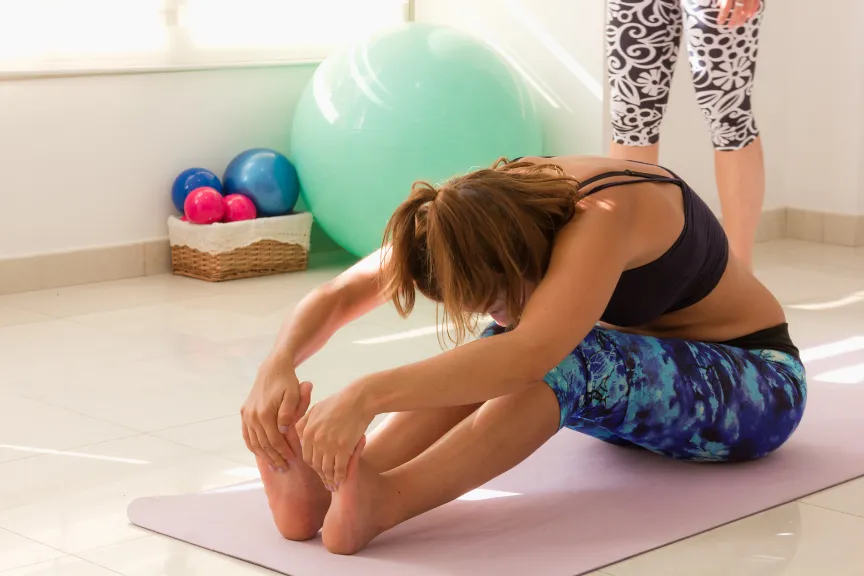
Effective Workout Routines for Beginners
Effective Workout Routines for Beginners
Starting your fitness journey can be both exciting and daunting. With a myriad of exercises, routines, and fitness advice out there, where does one begin? Here's a guide to help newcomers navigate the world of workouts, ensuring you start on the right foot with routines that are effective, safe, and manageable.
1. Understand Your Goals
Before you dive into any exercise, define what you want to achieve. Are you looking to lose weight, gain muscle, increase endurance, or simply improve your overall health? Your goals will shape your workout plan.
2. Start with the Basics
As a beginner, it's crucial to master basic movements before progressing to more complex exercises. Here’s a simple routine to get you started:
Warm-Up (5-10 minutes):
Light jogging or brisk walking
Dynamic stretches like leg swings, arm circles
Strength Training (20-30 minutes):
Bodyweight Squats: Great for legs and core. Aim for 3 sets of 10 reps.
Push-Ups: Start with knee push-ups if full push-ups are too challenging. 3 sets of 8-10 reps.
Planks: Hold for 20-30 seconds, 3 sets. It strengthens your core.
Dumbbell Rows: Use light weights, 3 sets of 10 reps per arm to work your back.
Cardio (15-20 minutes):
You can choose between running, cycling, or using an elliptical. Keep it at a pace where you can still talk but feel challenged.
Cool Down (5-10 minutes):
Stretching exercises focusing on all major muscle groups. Hold each stretch for 15-30 seconds.
3. Frequency and Rest
Frequency: Aim for at least 3 days of exercise per week. This allows for recovery, which is when your body builds muscle and improves fitness.
Rest: Rest days are as important as workout days. They prevent burnout and reduce the risk of injury.
4. Progression is Key
After a few weeks, your body will adapt. Here’s how to progress:
Increase Intensity: Add more weight, increase reps, or reduce rest time between sets.
Variety: Introduce new exercises to target different muscle groups or to keep the routine interesting.
5. Listen to Your Body
Pain vs. Discomfort: Understand the difference. Discomfort is normal when exercising, but sharp pain can be a sign of injury.
Adjust as Needed: If an exercise feels wrong or causes pain, modify it or choose an alternative.
6. Stay Hydrated and Eat Well
Your workout routine should be complemented by good hydration and nutrition. Protein supports muscle repair, carbs provide energy, and hydration is crucial for overall performance and recovery.
7. Track Your Progress
Keep a workout log. Note down what you did, how it felt, and any improvements over time. This not only motivates you but also helps in adjusting your routine as you progress.
Conclusion
Starting a workout routine as a beginner doesn't require complexity; it requires consistency, patience, and gradual progression. Remember, fitness is a personal journey. What works for one might not work for another, so tailor your routines to fit your lifestyle, preferences, and body response. Here’s to the beginning of your healthier, stronger self!
